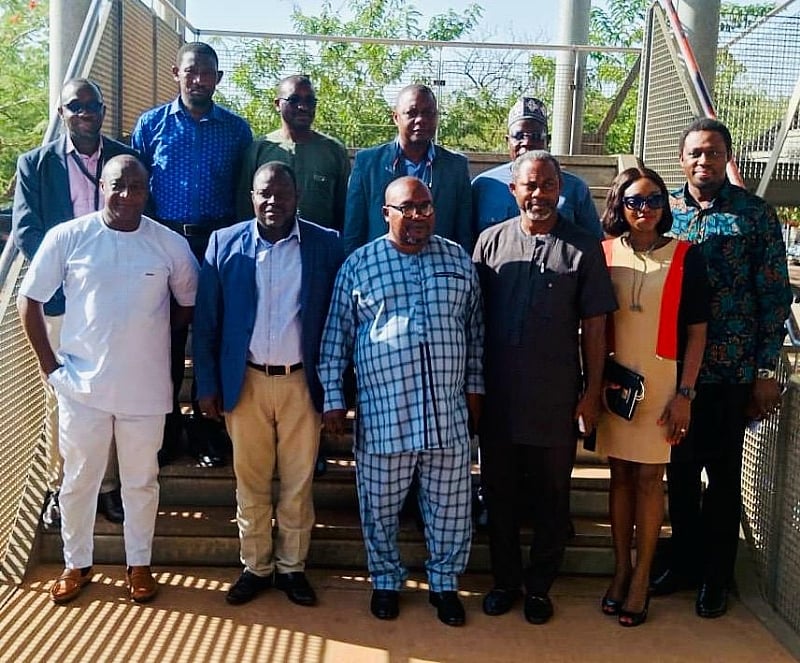The establishment of a Medical School at the University of Energy and Natural Resources (UENR) in Sunyani, Bono Region, Ghana, has been lauded as a significant step towards increasing access to medical education within the country. Professor Dr. Titus Beyuo, a Member of Parliament and a member of the Parliamentary Select Committee on Health, emphasized the importance of this development, highlighting how it would alleviate the financial burden on families who currently have to send their children abroad for medical training. The lack of available slots in existing medical schools within Ghana has long been a barrier for aspiring doctors, and this new school is poised to address this critical gap. Its location in Sunyani is particularly strategic, aligning with the recent elevation of the Sunyani Regional Hospital to a Teaching Hospital, creating a synergistic relationship between education and practical application.
This initiative promises to be a boon for the Bono, Bono East, and Ahafo Regions, providing accessible and high-quality medical education closer to home. Prof. Beyuo stressed the urgency of implementing all necessary measures to expedite the establishment of the medical school, underscoring the immediate need for increased medical training capacity within the region. The proximity of the medical school to the teaching hospital will foster a strong practical learning environment, allowing students to gain hands-on experience and contribute to the local healthcare system. This integrated approach is essential for producing competent and well-rounded medical professionals who are equipped to meet the healthcare needs of the community.
The Parliamentary Select Committee on Health, led by Mr. Sebastian Samdaare, visited the Sunyani Teaching Hospital to assess its operations and preparedness for its new role in medical education. This visit underscores the government’s commitment to enhancing healthcare delivery across the nation, emphasizing the importance of providing quality healthcare services to all citizens. Mr. Samdaare reiterated President John Dramani Mahama’s focus on improving healthcare nationwide, highlighting the significant investment being made in infrastructure and human resources to achieve this goal. The Sunyani Teaching Hospital’s ongoing development serves as a tangible example of this commitment, demonstrating the government’s dedication to providing state-of-the-art healthcare facilities.
The Sunyani Teaching Hospital’s management has been commended for its proactive initiatives and interventions aimed at enhancing service delivery. Dr. Cardinal Newton, the CEO of the hospital, outlined several key improvements, including the implementation of a 24-hour Out-Patient Department (OPD) service. This extended service aims to alleviate pressure on the emergency department, enabling a more streamlined and efficient flow of patients. Furthermore, the hospital is preparing to launch a home care health service, bringing essential medical care directly to patients’ homes, particularly benefiting those with mobility challenges or limited access to transportation. This innovative approach reflects a patient-centered philosophy, prioritizing convenience and accessibility.
The hospital’s commitment to modernization is further evident in its plans to introduce a digital application system for online booking of services. This technological advancement will streamline the appointment process, reducing waiting times and improving the overall patient experience. By embracing digital solutions, the hospital aims to enhance efficiency and provide a more convenient and user-friendly service. These proactive steps by the Sunyani Teaching Hospital demonstrate a commitment to continuous improvement and a dedication to providing high-quality, patient-focused care.
The establishment of the medical school at UENR and the ongoing developments at the Sunyani Teaching Hospital represent a significant investment in the future of healthcare in Ghana. These initiatives are aligned with the broader national goal of improving access to quality healthcare services for all citizens. By training more doctors within the country and strengthening healthcare infrastructure, Ghana is taking crucial steps towards achieving health equity and ensuring a healthier future for its population. The collaborative efforts between the government, educational institutions, and healthcare providers are essential for the successful implementation of these transformative initiatives.


